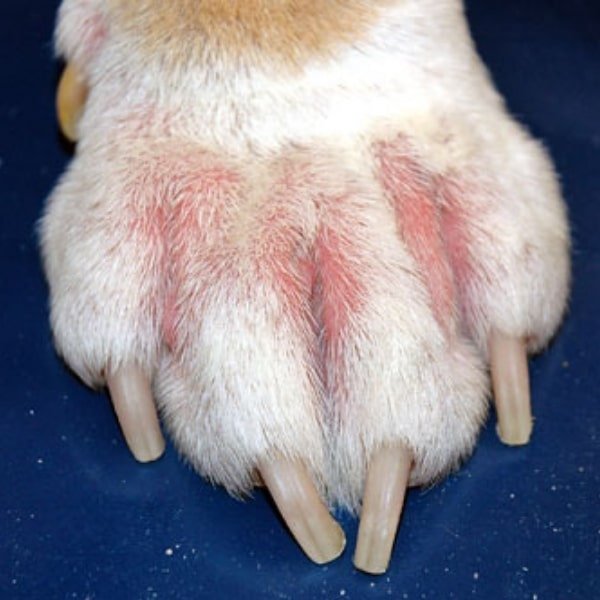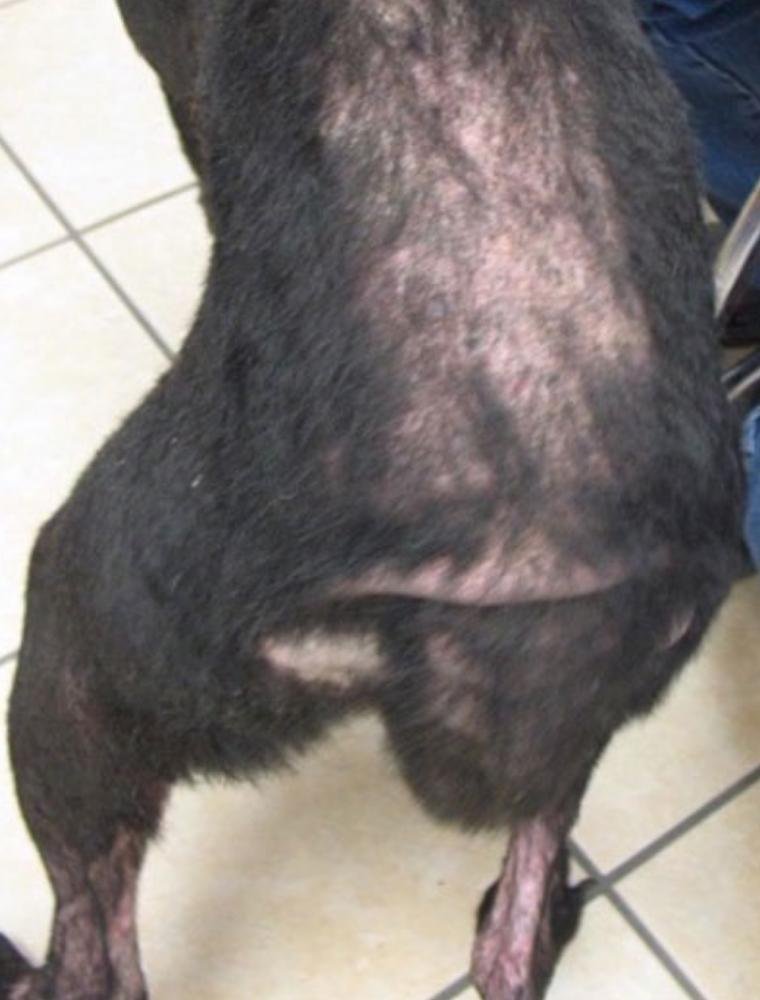
What are Ectoparasites?
A parasite is an organism that lives on or in a host organism and gets its food from or at the expense of its host. Protozoa, helminths, and ectoparasites are 3 classes of parasites that can cause disease in pets and mammals including humans.
Ectoparasites (external parasites) are organisms that live on the skin of a host, from which they derive their sustenance. Ectoparasites include a wide range of parasitic arthropods, we distinguish the acarine (ticks and mites) and the insects (fleas, chewing and sucking lice, mosquitoes, flies and phlebotomes commonly known as sand flies). While the parasitism by mosquitos and sand flies lasts for seconds, ticks attach for days and mites remain for longer time in the derma of their hosts.
External parasites are important because they may cause cutaneous lesions, they can induce immunopathological responses (allergies), they can transmit pathogens, they may be zoonotic (communicable to humans) or transmit zoonotic infections (Lyme disease and leishmaniasis for example). and, they may interfere with the human-animal bond. Some important clinical implications of ectoparasites are:
- Lesions caused by ectoparasites may lead to secondary bacterial, fungal or yeast (Malassezia) infections and create in doing so various kinds of dermatitis.
- The immune response induced, especially by ectoparasite saliva, may lead to allergic reactions with flea allergic dermatitis (FAD) being the most important.
- Transmitted pathogens may cause diseases (such as Babesiosis, Ehrlichiosis and Lyme disease), these so-called vector-borne diseases (VBDs) are, in many cases, of more clinical relevance than the ectoparasite infestation itself.
- Some ectoparasites of pet animals, mainly fleas and ticks can also infect humans which can become a serious nuisance and a public health problem.
- The direct health implications of ectoparasite infestation can be more than skin deep, as often heavy infestations of bloodsucking arthropods can cause anaemia.
At ABVC we offer solutions to control and prevent ectoparasite infestation and prevent serious consequences. Our vets will advise you on the most appropriate parasiticide considering your pet specificity (breed, age, weight, general health condition) and lifestyle (indoor/outdoor activity). For kittens/puppies younger than 8 weeks manual removal is advised. Besides giving you advise on what the implications are for your pet, our vets can also answer questions in relation to the effect/risks of the parasite on humans.

In the following table you can find the main medication we offer to treat and prevent ectoparasites and avoid the health issues they can spawn.
| ITEM / NAME | FRONTLINE | REVOLUTION | ADVANTIX | BRAVECTO |
|---|---|---|---|---|
| Active Ingredient | Fipronil & (S)Methoprene | Selamectin | Imidacloprid & Permethrin | Fluralaner |
| Frequency of administration | Every 4 weeks | Every 30 days | Once a month | Every 12 weeks |
| Spectrum of activity on ectoparasites | Prevent new infestation by fleas and ticks. Inhibit eggs development. | Kills fleas and prevents reinfestation. Treat ear mites’ infestation. Treat biting lice. Treat sarcoptic mange (scabies) in dogs | Kills adult fleas and larvae Repels and kills dog ticks, mosquitos, and sand flies. | kills fleas and prevents fleas’ infestations for 12 weeks. kills ticks for 8- 12 weeks depending on tick species sensitivity. |
| Safety | Only used for animals aged more than 8 weeks. Do not use for cats weighing less than 1 kg and dogs less than 2 kg. | Use only in animals more than 8 weeks old. | Use only in more than 7 weeks old dogs and never in cats. If you have cat separate him from your dog at least 12h after applying Advantix on you dog. | Use only in more than 6 months old dogs and cats weighing more than 1.4 kg. Use with caution in pets with a history of seizures or neurologic disorders Not suitable for old, debilitated patient with poor body condition. |
| Side Effects | Local hair loss itching, redness at the application site Excessive salivation Vomiting Reversible nervous signs | Digestive upset Hair loss (Temporary) Inflammation at the application site | Tingling Itching Sensitivity at the area of application | Vomiting Decreased appetite Diarrhea Lethargy Neurological signs Itching and hair loss for the topical form (cats) |
| Transmission of infectious diseases from infected ticks | Is not excluded. (Delayed kick-in time: useless to prevent VBD such babesiosis) | Not applicable | Significantly Reduced | Highly Reduced |
CONTACT US FOR ECTOPARASITE TREATMENT
